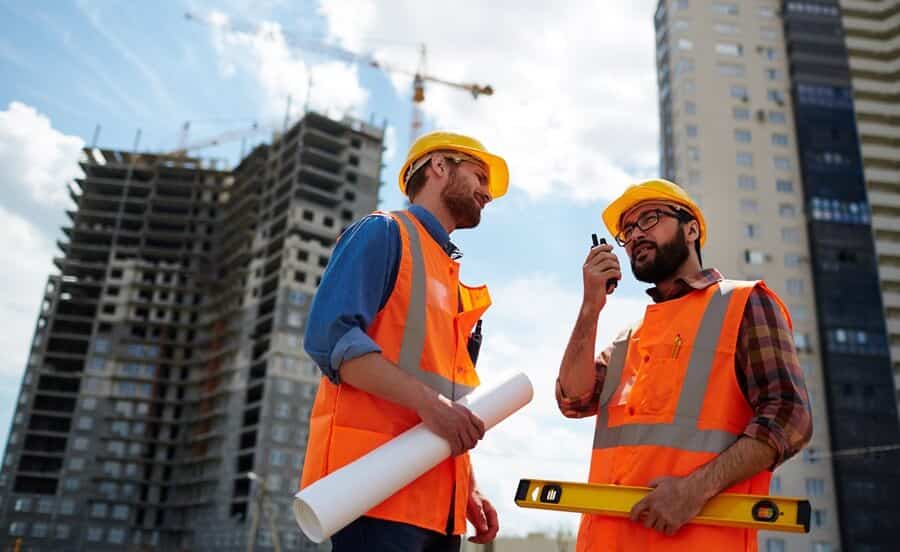Commercial construction projects are large-scale endeavors that require a great deal of expertise, coordination, and experience. Whether you’re building a retail outlet or a hotel, commercial contractors are the driving force behind the successful completion of these projects. Their role encompasses a variety of responsibilities that ensure the project is completed on time, within budget, and according to the highest quality standards. In this article, we’ll explore the key responsibilities of commercial contractors and why they are essential to the success of any construction project.

Content
1. Project Planning and Design Coordination
One of the first key responsibilities of commercial contractors is to work closely with architects, engineers, and project managers to plan and design the construction process. They ensure that the building plans align with local regulations, zoning laws, and safety codes. When building a retail outlet or hotel, for example, commercial contractors must ensure that the design meets the functional needs of the business while also being structurally sound.
2. Managing Construction Activities
Once the design is finalized, commercial contractors oversee all aspects of the construction process. They manage the day-to-day operations on-site, including scheduling, coordinating subcontractors, and ensuring that the project adheres to timelines. Whether it’s the construction of a hotel or a retail outlet, the contractor ensures that every task is completed in the proper sequence and according to the project plan.
3. Budget Management
Commercial contractors are also responsible for managing the budget throughout the course of the project. They prepare cost estimates, monitor expenses, and handle procurement of materials. Keeping the project within budget is critical, especially when constructing complex buildings like a hotel or a large retail outlet. If unexpected issues arise, the contractor works to find solutions that won’t compromise the project’s financial viability.
4. Ensuring Quality and Safety Standards
Safety and quality control are paramount in any commercial construction project. Commercial contractors must ensure that all work is completed to the highest standards. They are responsible for implementing safety protocols on-site to prevent accidents and ensuring that workers adhere to these standards. Additionally, contractors monitor the quality of materials used in construction to ensure the finished project is durable and meets client expectations.
5. Final Inspection and Handover
Once construction is complete, commercial contractors conduct a final inspection to ensure everything is in order. From checking building systems like HVAC to ensuring compliance with local regulations, they ensure the property is ready for occupancy. A smooth handover process is key to client satisfaction, especially when building spaces like a retail outlet or a hotel, which require functional operations from day one.
For businesses looking for expert commercial
contractors, Andrew G Construction in Redwood City offers comprehensive services tailored to the unique needs of any commercial project. Their experienced team is equipped to handle everything from project design to the final handover, ensuring a seamless construction process.
Conclusion
In conclusion, the responsibilities of commercial contractors go beyond mere construction. They manage every aspect of the project, from planning to execution, ensuring a successful outcome. Whether you’re looking to build a retail outlet or a hotel, choosing the right commercial contractor is critical to ensuring your project’s success.

Shery Walls is a dedicated home blogger who has been blogging for over six years. She covers everything home related. Shery also loves writing posts about her travels to Europe with her husband and two children.
